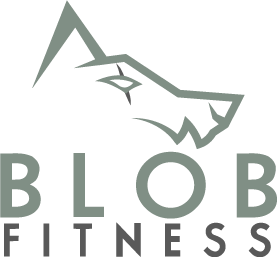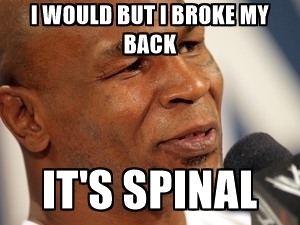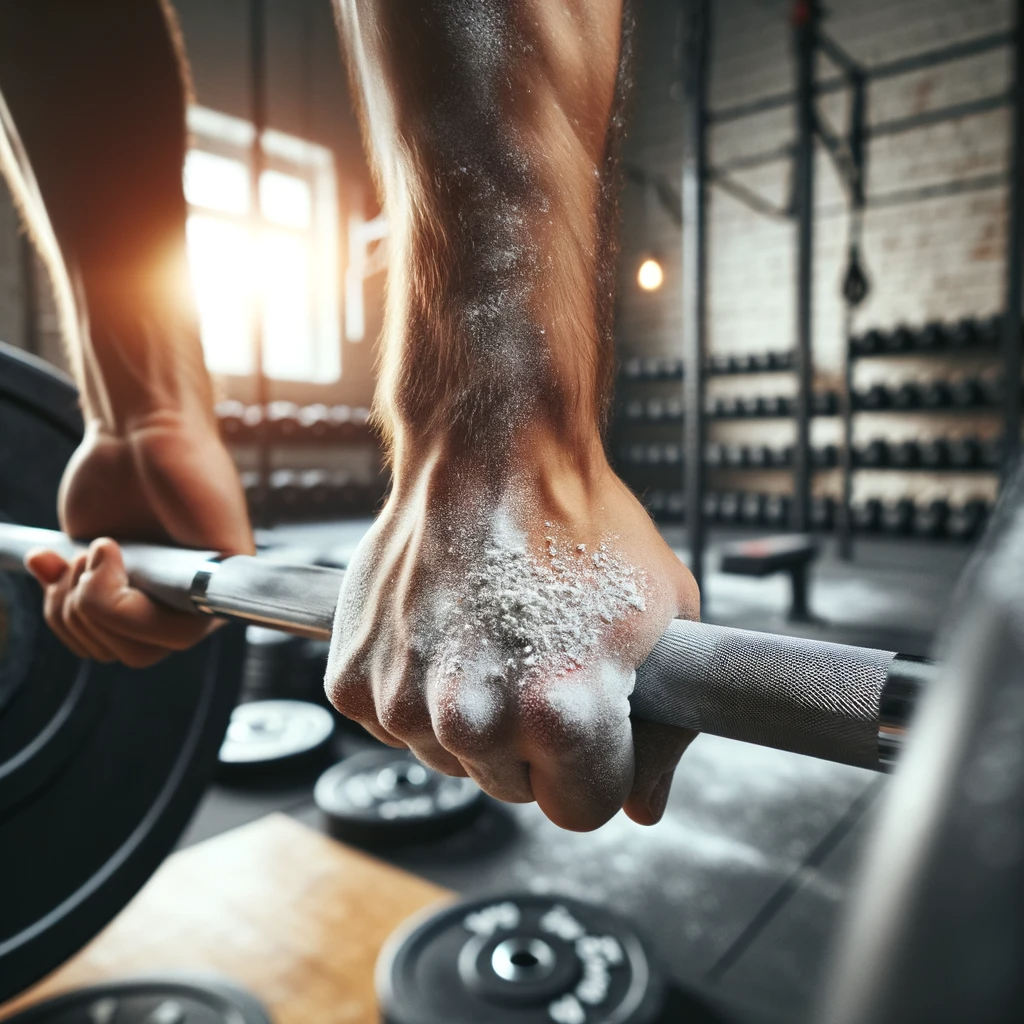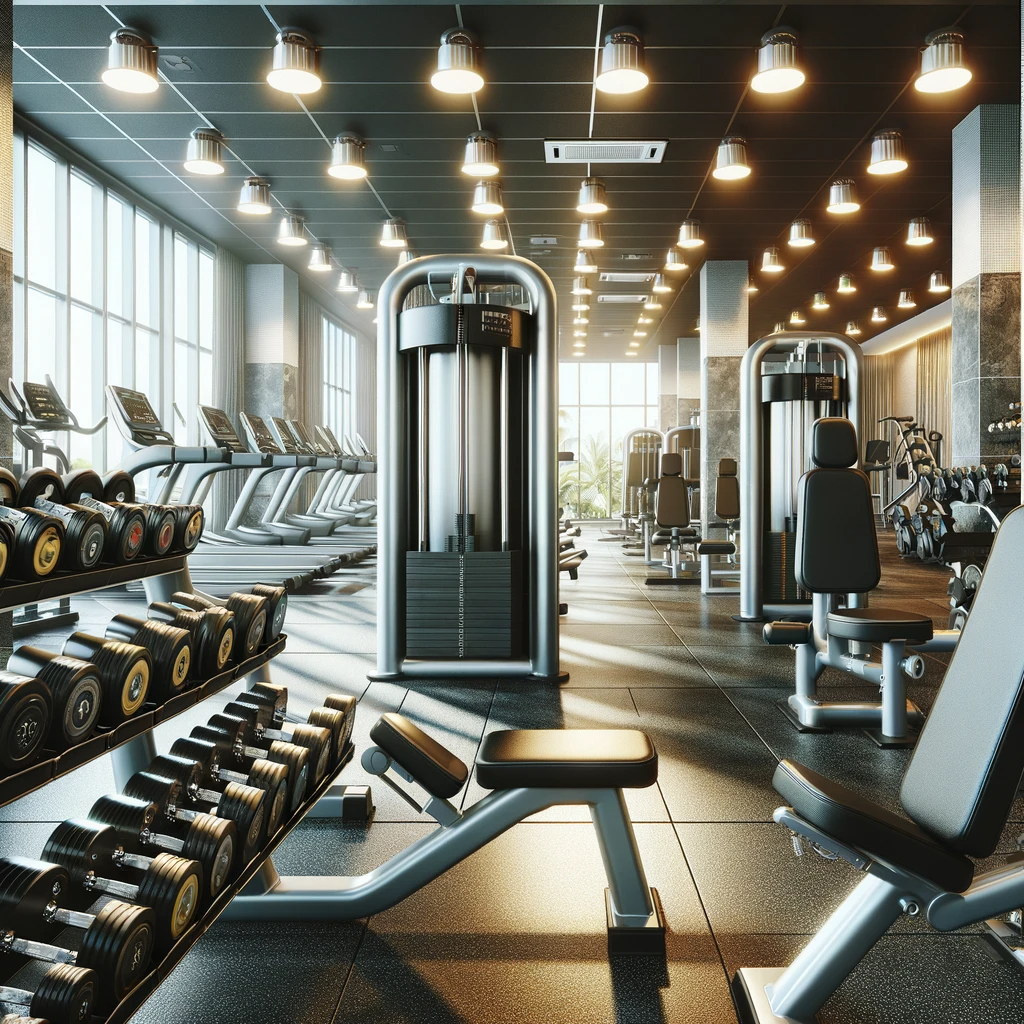
Getting injured during your fitness journey is probably one of the most frustrating things that can happen to you. You usually have to take time off in order recover from your injury. Usually when you get back, it feels like you just took 3 steps backward and you feel demoralized and unmotivated to get after it again. I know it’s terrible, I’ve been there multiple times. Let’s go through some strategies to overcome these setbacks and injuries.
WHAT CAUSED THE INJURY?
My most frequent injuries stem from during squats. Oftentimes, as soon as I felt like I getting better at it, I would injure myself and have to stop squatting for a month or 2. Then I would return back and have to rebuild my strength once again. Injuries happen for a reason though. Even though there can be many causes of the injury, it usually ends up being an issue related to mobility, form, or adding too much weight too fast. I went through knee pain, hip pain, lower back pain, elbow pain, shoulder pain, wrist pain and groin pain. All from squatting! Even though it would have been very easy to just say “Squats are bad for you!” and stop forever, that’s not the truth. I was doing something wrong and had to correct it.
LEARN FROM THE INJURY
Once I pinpointed what caused my injury, the first thing I did was try and figure out how to fix it. I found out I had knee pain because I didn’t have a straight bar path when I was squatting, so I took time to fix it. While you’re injured and resting, it’s a great time to learn more about the movement that caused the injury in the first place. Getting injured is a way of finding out where some of your weaknesses lie and offers a chance to fix them so they don’t lead to injury again.
FOCUS ON MOBILITY
Most of my injuries ultimately stemmed from poor mobility. Unfortunately, mobility is overlooked fairly often. However, lack of proper mobility commonly causes injuries. While I’m injured and resting, I focus my attention more on my mobility. I do a lot of self-myofascial release (foam rolling) and stretching. Focusing on mobility will help you to recover and contribute to the prevention of further injuries as well. At one point, I was suffering from lower back pain that was actually being caused by my glutes. I made sure to focus more on mobility in that area and it helped clear up my issues. You’ll find that when you’ve increased your mobility and are able to perform the move again, you’ll perform better than ever!
GO UPON YOUR NORMAL SCHEDULE
Even though you’re battling an injury, you can still do workouts to keep along your schedule. For example, if I injured hamstring, I would skip leg day for the most part and focus on mobility and stretches for legs, but I would still be able to do upper body workouts and focus on other parts that I may be lacking. If I were to injure my arm, I would focus on getting my leg workouts in and throw some more cardio into the mix (as long as it’s not using my arms). Just because one area is injured, it doesn’t mean you have to throw out your entire fitness plan! Keep on your schedule and replace workouts of the injured area with recovery work.
TAKE AN OFF/DELOAD WEEK
When you’re injured, you can go along your daily schedule, but sometimes the best thing to do is either to take an off week or a deload week. What’s the difference? A deload week is different from just not going to the gym. On your deload week, you reduce the amount of weight you lift compared to your usual schedule, which allows for recovery and prevents overtraining while still keeping to your schedule. In some cases, taking some time off from the gym and not doing any lifts at all can work in your favor. Sometimes, the cause of your injury could have been from overloading and not having proper recovery, so your body just may need a break.It’s important to listen to your body and not overthink things, if your body is telling you to stop, there’s no shame in taking some time off! You might want to try starting off by deloading and moving to a full off-week if you’re still in a lot of pain.
FINAL THOUGHTS-DON’T GET DISCOURAGED!
Being injured is terrible. I like to think of it as a learning experience that provides some time to focus on other areas of weakness. For me, mobility is my biggest weakness and being injured gives me extra time to work on that issue. During the time you’re injured, reflect on what you can do better so when you’re back, you’re better than before. Use the time to your advantage. While your body may be injured, your fitness journey isn’t. When you come back, you’ll know how to prevent that same injury in the future, you’ll be better and more prepared for the move, and you’ll be back with a fresh mind and body. I know from experience that going through sometimes long, grueling months of trying to return from an injury can be frustrating, but if you use that time constructively and learn from what happened, you’ll come out better in the end.
I also want to remind you that any injury you may have should always involve a consultation with a doctor in order to determine the best route for recovery.. You should also never “push through the pain”. The only time that advice is relevant is when you’re sore and you’re simply “pushing through” that. You should never push through an injury you’ve sustained. If you do have one, you should seek a doctor consult ASAP to prevent it from getting worse.
Get a Free Guide!
Similar Posts
Explore the pivotal role of using chalk when lifting. Find out why this can be the tool to increase your strength and help you reach your goals.
Learning to optimally rest between sets can give you the advantage you need to lift more and make better gains. Discover all the ways to do so.
Machines or dumbbells for hypertrophy has been a ongoing debate for so long. Find out which is better at effectively building muscle.




